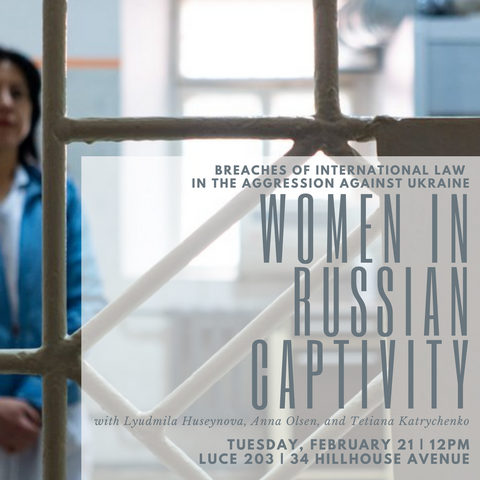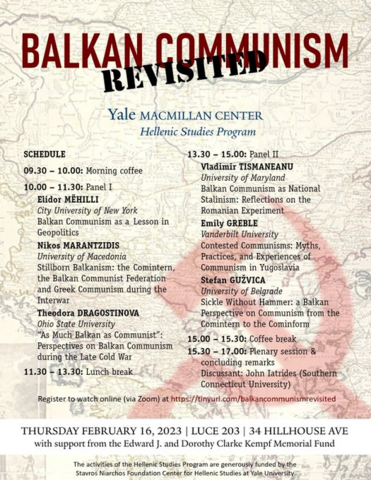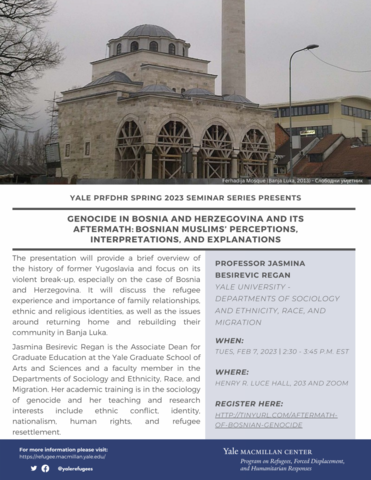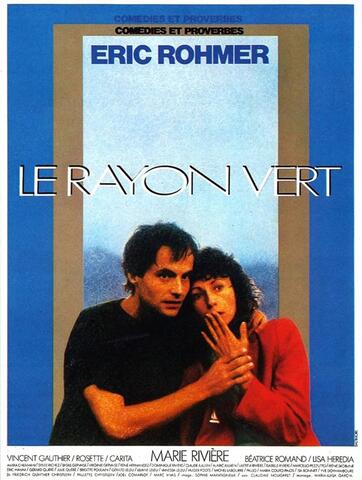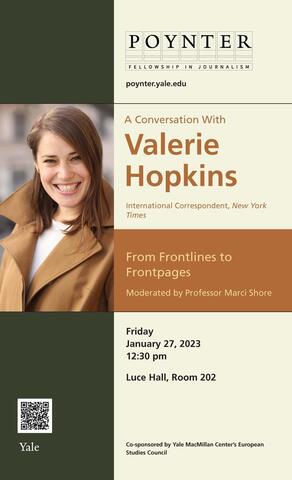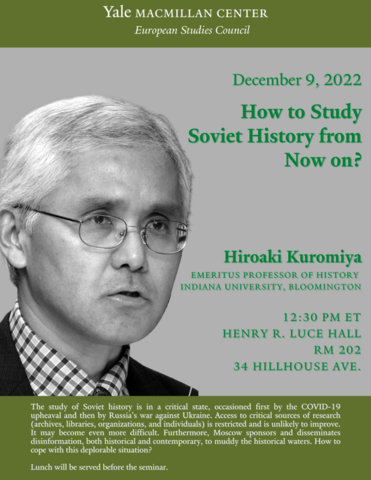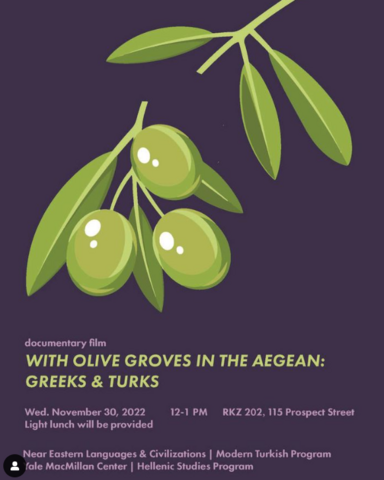Breaches of International Law in the Aggression Against Ukraine: Women in Russian Captivity
Lyudmila Huseynova is a resident of the temporarily occupied Novoazovsk region of Donetsk region where she worked as a safety engineer at a local poultry farm. At the time of her arrest, she had spent the past five years caring for orphans and semi-orphans from the temporarily occupied village of Primorske. She was detained on October 9, 2019 for volunteering, espousing a pro-Ukrainian position (a blue-yellow flag hung over her house in Novoazovsk for a long time), and for her social media activity. Lyudmila was initially detained in the Izolyatsia prison, where she was severely tortured. She was later transferred to a pre-trial detention center in Donetsk and charged with “espionage.” During the three years of Ludmila Huseinova’s imprisonment, the local “courts” never delivered the so-called sentence.
Anna Olsen is a senior combat medic of the chemical and biological protection company of the 36th separate brigade of marines. She, along with her siblings and stepsisters, was at the Ilyich factory in Mariupol. She was captured and spent six months in captivityat Olenivka, undergoing physical and psychological torture, and held with over 3 dozen others in a cell designed for just six individuals.
Tetiana Katrychenko is a journalist, coordinator of Ukrainian NGO Media Initiative for Human Rights (MIHR), and author of the 2019 report Prisoners of War and Civilian Hostages of Donbass. Since the beginning of the armed conflict, her journalistic focus has been on covering the topic of illegally detained persons in eastern Ukraine. Katrychenko later shifted from journalism work to conducting advocacy campaigns in support of detainees’ families and subsequently joined the MIHR’s team. Since February 2020, Katrychenko has been a member of the Commission launched by the Ministry of Reintegration of Temporarily Occupied Territories in Ukraine, which deals with issues related to the recognition of persons deprived of liberty as a result of armed aggression against Ukraine. Katrychenko manages the Female Face of Donbass Hostages project: she compiles lists of hostages held by representatives of illegal armed groups in Donbas, maintains contact with relatives of hostages, and interviews ex-hostages after their release. She also provides advice to relatives of newly detained persons, as well as to the Ukrainian law enforcement agencies dealing with the issue.


